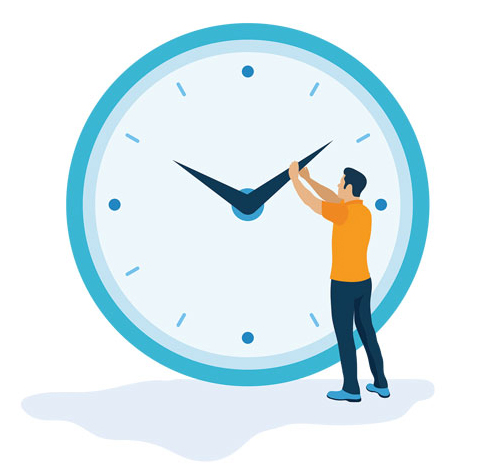How to Increase Your Productivity with One Word

By Thomas Yannick
No: it is the ultimate productivity hack. All you have to do is say it when something trivial is asked of you. Not doing something will always be faster than doing whatever it is you have just agreed to. There is no meeting that goes faster than not having a meeting at all. The same philosophy applies in other areas of life, although it is most pertinent in the workplace.
This is not to say you should never attend another meeting, but the truth is that we say yes to many things we do not actually want or need to do. How often do you open an email asking you to do something and you just reply, “No problem?” Five days later you are overwhelmed by how much is on your to-do list, and in fact, it has become a problem. We become frustrated by our obligations even though we were the ones who said yes to them in the first place.
It is worth asking if these things are necessary. Many of our professional commitments are not necessary and a simple “no” will be more productive than whatever work the most efficient person can muster up. But if the benefits of saying no are so obvious, then why do we say yes?
We agree to many requests not because we want to do them, but because we do not wish to be seen as rude, unhelpful, or arrogant. Often, you have to consider saying no to someone you will interact with again in the future, say for instance, a co-worker. Saying no can be particularly difficult because we like our network and want to support our colleagues–and we often need their help too. Collaborating with others is an important element of life. The thought of straining the relationship outweighs the commitment of our time and energy.
For this reason, it can be helpful to be gracious in your response. Do whatever favors you can, and be warm-hearted and direct when you have to say no. But even after we have accounted for these social considerations, many of us still seem to do a poor job of managing the tradeoff between yes and no. We find ourselves over-committed to things that do not meaningfully improve or support those around us and do not improve our own lives.
Economist Tim Harford said, “Every time we say yes to a request, we are also saying no to anything else we might accomplish with the time.” Once you have committed to something, you have already decided how that future block of time will be spent. In other words, saying no saves you time in the future.
Saying no is an important skill to develop at any stage of your career because it retains the most important asset in life: your time. You need to say no to whatever is not leading you toward your goals. You need to say no to distractions. Steve Jobs put it perfectly, “People think focus means saying yes to the thing you have got to focus on. But that is not what it means at all. It means saying no to the hundred other good ideas that there are. You have to pick carefully.”
There is an important balance to strike here. Saying no does not mean you will never do anything interesting, innovative, or spontaneous. It just means that you say yes in a focused way. Once you have knocked out the distractions, it can make sense to say yes to any opportunity that could potentially move you in the right direction. You may have to try many things to discover what works and what you enjoy.Most of us are often too quick to say yes and too slow to say no. It is worth asking yourself where you fall on that spectrum. If an opportunity is exciting enough to drop whatever you are doing right now, then it is a yes. If it is not, then perhaps you should think again.
What is true about health is also true about productivity: an ounce of prevention is worth a pound of cure. More effort is wasted doing things that do not matter than is wasted doing things inefficiently. And if that is the case, elimination is a more useful skill than optimization. Find the meaningful things in your life and give them your undivided attention.

